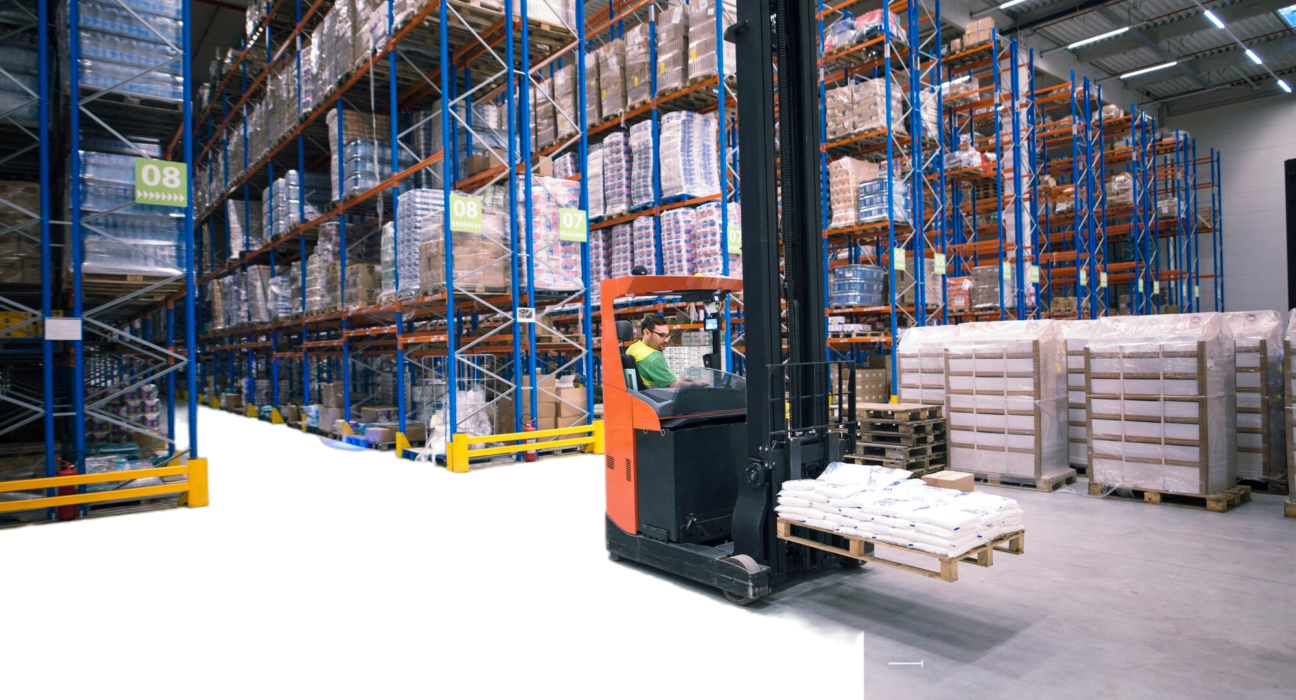In recent years, international trade has changed a lot because of technology, politics, and what people like to buy.
In the middle of all these changes, one thing has become really important for businesses that sell things across borders: customs-bonded warehousing. These specialized facilities have become indispensable components of the global supply chain, offering businesses a strategic advantage in navigating the complexities of customs regulations and tariffs.
Let’s explore how customs-bonded warehousing has made a big difference in international trade by making things more efficient, reducing risks, and helping businesses take part in the global market.
Understanding Customs Bonded Warehousing
Customs bonded warehousing refers to designated facilities authorized by customs authorities to store imported goods without the payment of duties or taxes until they are ready for distribution or re-export.
These warehouses are strategically located at key transportation hubs, including ports, airports, and border crossings, facilitating the seamless movement of goods across international boundaries.
By deferring customs duties and taxes until goods are released from the warehouse, businesses can optimize cash flow and mitigate financial risks associated with cross-border trade.
Key Functions and Benefits
Duty Deferral:
One of the major benefits of bonded warehousing is the ability to postpone customs duties and tax payments until goods are removed from the facility for sale or distribution in the domestic market. This provides businesses with greater flexibility in managing their cash flow and inventory levels, especially in industries with long lead times or fluctuating demand.
Customs Compliance:
Bonded warehouses operate under strict customs supervision, ensuring compliance with regulations governing the importation and storage of goods. By adhering to established procedures and documentation requirements, businesses can minimize the risk of customs delays, penalties, or seizures, thereby maintaining the integrity of their supply chains.
Inventory Management:
These facilities offer advanced inventory management systems that enable real-time tracking and monitoring of goods throughout their lifecycle within the warehouse. This visibility enhances transparency and accuracy in inventory control, allowing businesses to optimize stock levels, reduce carrying costs, and respond swiftly to changing market demands.
Facilitated Trade:
Customs bonded warehousing promotes international trade by reducing barriers to entry for businesses seeking to expand their global footprint. By eliminating the need for immediate payment of duties and taxes upon importation, these facilities lower the financial barriers associated with cross-border transactions, fostering greater participation in global commerce and enhancing market access for businesses of all sizes.
Supply Chain Efficiency:
By leveraging bonded warehousing services, businesses can streamline their supply chain operations, minimize transit times, and optimize distribution networks. These facilities serve as strategic hubs for consolidating, sorting, and processing goods, enabling faster clearance and delivery to end destinations, thus enhancing overall supply chain efficiency and customer satisfaction.
Implications for Businesses and Economies
The impact of customs-bonded warehousing extends beyond individual businesses and encompasses broader economic implications. By facilitating smoother trade flows and reducing transaction costs, these facilities contribute to economic growth, job creation, and enhanced competitiveness on a global scale. Moreover, they play a vital role in attracting foreign direct investment (FDI) by providing a conducive environment for multinational corporations to establish regional distribution centers and manufacturing hubs.
Conclusion:
Customs bonded warehousing serves as a linchpin of the modern global economy, enabling businesses to navigate the complexities of international trade with greater agility and efficiency. These facilities foster cross-border commerce, promote regulatory compliance, and drive supply chain optimization by offering a secure and flexible storage solution under customs supervision. As trade volumes continue to expand and supply chains become increasingly interconnected, the role of customs-bonded warehousing in shaping the future of international trade will only grow in significance.







